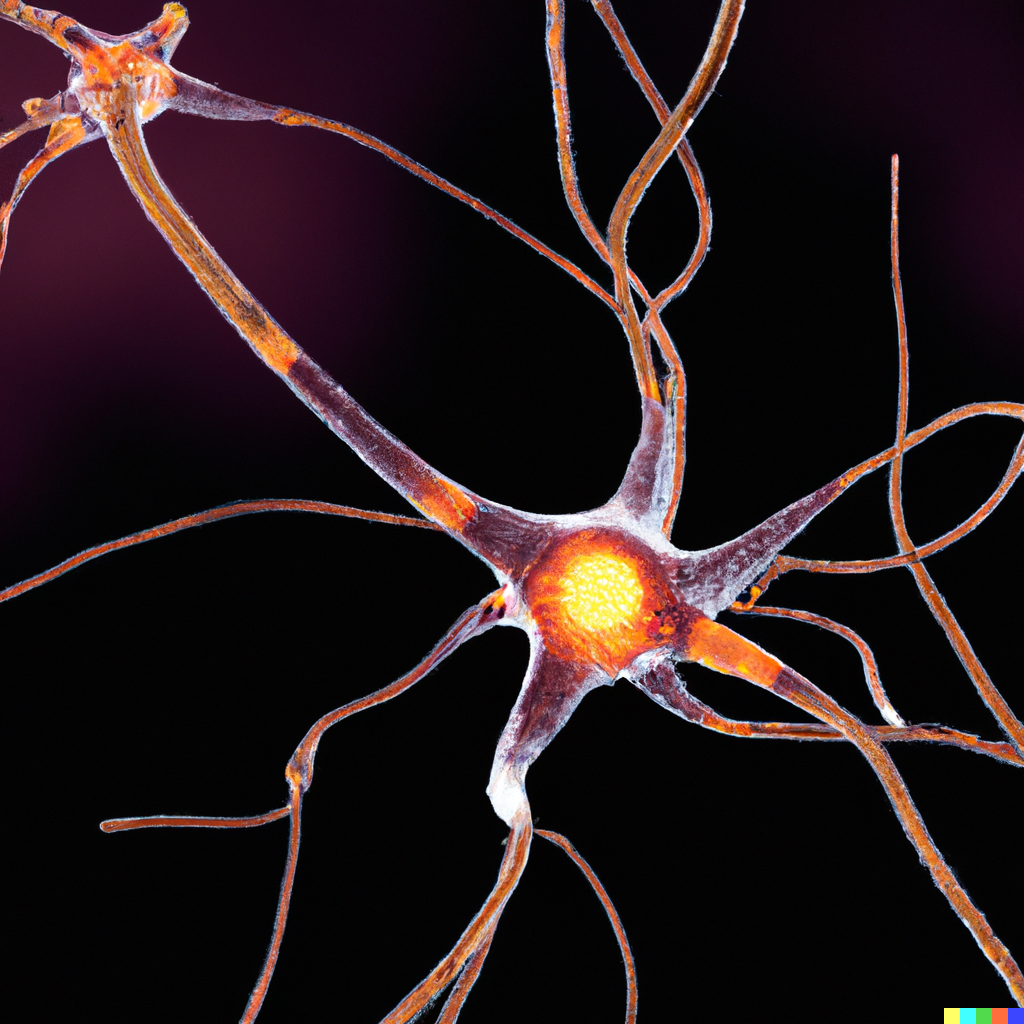Vitamin D and its Positive Effects on Dementia and Alzheimer’s Disease
Dementia and Alzheimer’s disease are two of the most common neurodegenerative disorders worldwide, affecting millions of people and their families. Both conditions are characterized by the progressive decline of cognitive function and memory, ultimately leading to disability and dependence. Despite extensive research, the exact causes of these diseases remain unclear, and there are currently no effective treatments to prevent or cure them. However, recent studies have suggested that low levels of vitamin D in the body may be a significant risk factor for developing dementia and Alzheimer’s disease, highlighting the potential importance of this nutrient in maintaining brain health.

Vitamin D is a fat-soluble vitamin that is essential for bone health, immune function, and numerous other physiological processes in the body. The primary source of vitamin D is sunlight exposure, as the skin synthesizes vitamin D3 when exposed to ultraviolet B (UVB) radiation. However, vitamin D can also be obtained from dietary sources such as fatty fish, egg yolks, and fortified dairy products. Despite its importance, many people have inadequate vitamin D levels, particularly in countries with low sunlight exposure and high rates of vitamin D deficiency.
The link between vitamin D deficiency and cognitive decline has been studied extensively in recent years. In particular, low levels of vitamin D have been associated with an increased risk of developing cognitive impairment, dementia, and Alzheimer’s disease. Several mechanisms have been proposed to explain this association, including the role of vitamin D in regulating calcium homeostasis, promoting neurotrophic factors, and reducing inflammation and oxidative stress in the brain.
A recent meta-analysis of 11 observational studies found that people with vitamin D deficiency were more likely to develop Alzheimer’s disease and dementia than those with adequate vitamin D levels. The study also revealed that vitamin D supplementation was associated with a lower risk of cognitive decline and improved cognitive function in individuals with mild cognitive impairment. Another study published in JAMA Neurology found that higher vitamin D levels were associated with a lower risk of developing Alzheimer’s disease in older adults.
Despite the growing evidence of the link between vitamin D and brain health, there is still much to learn about the optimal dosage and duration of vitamin D supplementation in preventing or treating cognitive decline. Some studies have suggested that high doses of vitamin D may be necessary to achieve optimal benefits, while others have cautioned against the potential risks of excessive vitamin D intake, such as hypercalcemia and renal impairment.
Therefore, further research is needed to establish the optimal dosage and duration of vitamin D supplementation in preventing or delaying cognitive decline and Alzheimer’s disease. In the meantime, individuals should aim to maintain adequate vitamin D levels through a combination of sunlight exposure and dietary sources. For those who are unable to obtain sufficient vitamin D from these sources, vitamin D supplements may be beneficial under medical supervision.
The link between vitamin D deficiency and cognitive decline is becoming increasingly apparent, highlighting the potential importance of this nutrient in maintaining brain health. While more research is needed to determine the optimal dosage and duration of vitamin D supplementation, individuals can take steps to maintain adequate vitamin D levels through a balanced diet, regular sunlight exposure, and supplementation as necessary. By doing so, we may be able to reduce the burden of cognitive decline and improve the quality of life for millions of people around the world.





